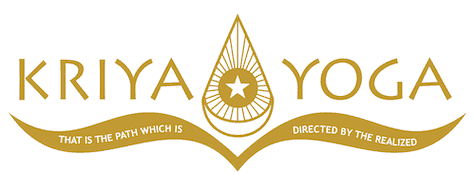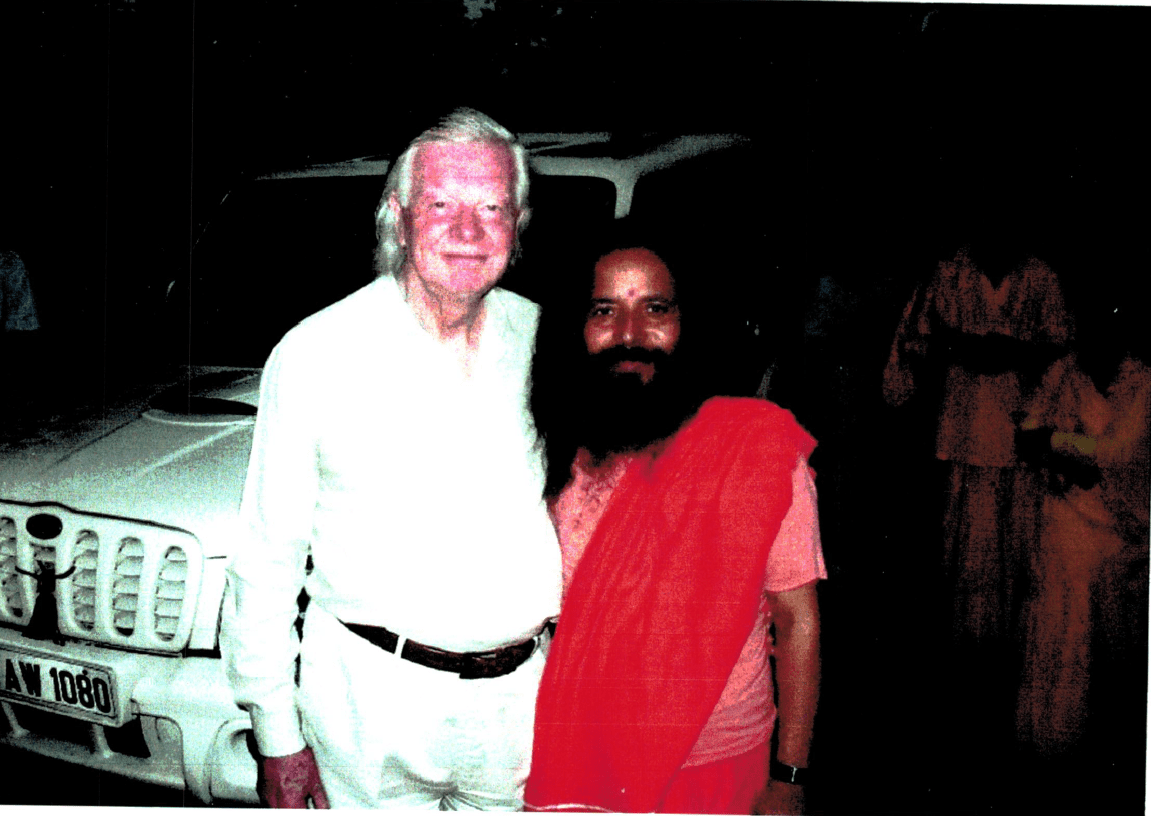
Departing from Balighai Ashram at 5:30 am for Bangalore, Guruji departing for Australia.
Could you tell me about yourself?
I was born in 1932, and lived in South London; the area of Blackheath which was largely countryside in those days. There until aged 4 when, for family reasons, my mother and I moved to Headley in Surrey and lived at the Vicarage of Rev. Theodore Phillips, who was also a famous astronomer. The War started when I was 7, but life was very normal as we had games and picnics, whilst the Battle of Britain continued overhead.
We had two large observatories in the garden, leading to our being bombed during the war as it was obviously seen as an army installation. They missed. When I was aged 8, the Rev. Phillips retired and my mother returned to London to drive an ambulance, whilst I continued to stay in Headley, staying with friends, one being my Headmistress.
I had been a choirboy from age 6 and continued schooling at the Church School, which was excellent. At aged 10, my mother came to fetch me and show me my new sister. Schooling again was excellent for a short time, as we dodged the ‘doodle bugs’ (winged bombs) night and day, but thereafter was very poor as we were continuously moving, eventually ending up in Cardiff. During that period, only memories of knitting and a few teachers remain.
The first time I saw an aircraft, I was determined that I would fly. As that required mathematics and other skills, at age 16, I joined the RAF as an electrical engineering apprentice. Gaining Gliding certificates and a mini prize after completing my apprenticeship, saw me shortly going for ‘aircrew boards.’ I was soon on my way to Canada for pilot training – these were the Commonwealth airfields used during the War, and, I had the pleasure of training with French, Dutch and Canadian would-be pilots.
Back to the UK in 1953 and 21 years old, I went through the many other stages required to be operational, and became a specialist low-level fighter pilot, joining a Squadron in Egypt. As I had come up through the ranks as an apprentice, I had also been a corporal, but as pilots had to be officers, I rapidly became a flying officer, with full support from my past squadron and flight commander. I met my wife, who also was in the RAF and was one of the theatre group as ‘the prompt’, when I tried a spot of acting (Noel Cowards “Blythe Spirit”). We rehearsed what is a fairly frantic six act Story and on a base with very few women, we became firm friends. I was hauled in front of the station commander for fraternising with a non-officer, but what will be will be! We worked with the Army and Navy and were involved in many mini wars, but mostly working alongside the local people all over Africa, Arabia and the Mediterranean, and splendid people they all are. I learned to distrust politicians during that time!
Aged 26, early 1957, the services were being reduced in size, and I opted to become a civilian. I spent two years instructing and flying Airforce aircraft as a civilian, and then moved into commercial flying; back to South Yemen (Aden Protectorate) then, for five years, flying internally as well as internationally.
We, as a family were all there, my wife, Muriel, and two children by then, my daughter, being born whilst on leave. The world of aviation went through a period of rapid change, which saw me working for many companies over the years, ending with 15 years with Britannia Airways and retiring in 1987, suffering with what a number of crews believe were health problems caused by artificial oil in the engines being present in the cabin air.
I immediately-as I lived then just outside Cambridge- obtained a ‘readers’ ticket to Cambridge University Library and started a number of courses in a range of subjects; mainly alternative health and spiritually based subjects. I also joined the Wrekin Trust, started by Sir John Trevelyan, who founded a school with the intention of bringing speakers with the above interests. A two-year course on herbalism, alongside Immune and body organ studies at Cambridge, gave me ‘medical herbal’ qualifications. Life was very worthwhile with the freedom to study and keep up to date, with much of interest.
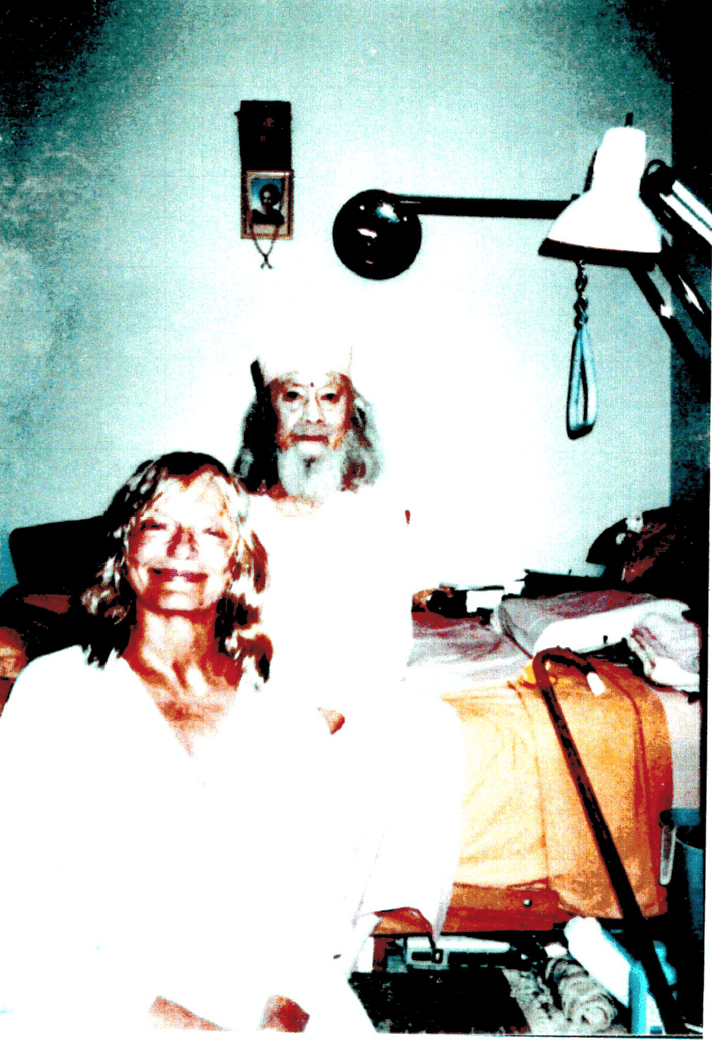
Wendy receiving darshan from Gurudev just before he came out in a wheelchair to check the ashram garden and fruit trees.
What led you to become a Kriyavan and when were you Initiated?
At one of the courses, I met Wendy, who lived quite close to me, and was holding a ‘Circle Dance’ at an open day in her village. I said I would support her and in doing so learnt that she had opened a clinic. She was a qualified nursing sister using the Bristol Cancer Health techniques. She was having problems with an abusive man who had assaulted her. I helped her win a legal case related to the assault and a right of way but the stress caused Wendy to have a ‘breakdown’. She was diagnosed schizophrenic by a psychiatrist, based on hearing unpleasant ‘voices’. She decided to seek help with natural treatments, which required going abroad. Due to her health, support was needed in doing this. She had discovered a Japanese man in Encinitas, north San Diego, who was a Shinto priest said he could help. This was to lead to many journeys abroad. Yogananda’s beautiful ashram on the cliffs at Encinitas, and meeting some of the Kriyavan’s there, started a small ‘spark’; in my case, reading Autobiography of a Yogi, while waiting in a car for her!
The journeys over a period of some years took us to Tokyo, Tennessee, Rishikesh, Denmark (Wendy’s first initiation), Chennai, Thiruvanamali (Sri Ramana Maharishi), Benares (Lahiri Mahashaya’s grandson) and Homestead (Hariharanandaji and Prajnananandaji. I, on my first visit to Homestead, was not an Initiate, but, on our visit at Gurudev’s 95th birthday I was. My initiation was to be several years later, when Paramahamsa Prajnananandaji visited London.
Wendy settled for nearly three years in Puttaparthi, north of Bangalore. There were many Europeans and an atmosphere where Wendy was able to survive, still very unwell, with my help occasionally. Her aim was to work with the street children, who have little chance of an education.
I received a message one morning to say, that she hadn’t been seen for some days. I immediately travelled out, to find she had left her body. I arranged an Indian cremation on the dry riverbed and stayed to organise all details as she had requested. Some monies went to helping local people and children; but, the bulk of her house sale has gone to a special fund in her name at the Balashram School.
Some months later I flew to Bhubaneshwar, was met and stayed at Balighai, where Hariharananda Gurukulam is, overnight. Travelling the following morning with Guruji and others via Prajnana Mission to the Balashram school where I met teachers, children and many others. I was supplied with copious cups of Indian tea by a lady who was a grandmother to the children.
Do you think practising Kriya Yoga has benefitted you? And if so, in which ways?
For me, absolutely, it was very clear that this was the right path for me. I remember that Hariharanandaji, used to say, bring the power through the fontanelle and the small breath. From past practice I had already moved towards the small breath, but, the daily presence of Gurudev in my thoughts and prayers is very welcome. It is a practice that benefits the mind, the body and most certainly the overall ‘energy’ of Mother Earth.
Could you say something about your meditation practice?
Well up until last Christmas, as I have been a carer for my wife and when she ‘passed on’; a few months later a carer for a lovely friend, Rose, who was totally blind, who, ‘past’ last Christmas. Both required 24 hr availability and although in the past I meditated often, I am likely now to fall asleep the moment I sit. Being an ancient doesn’t help!
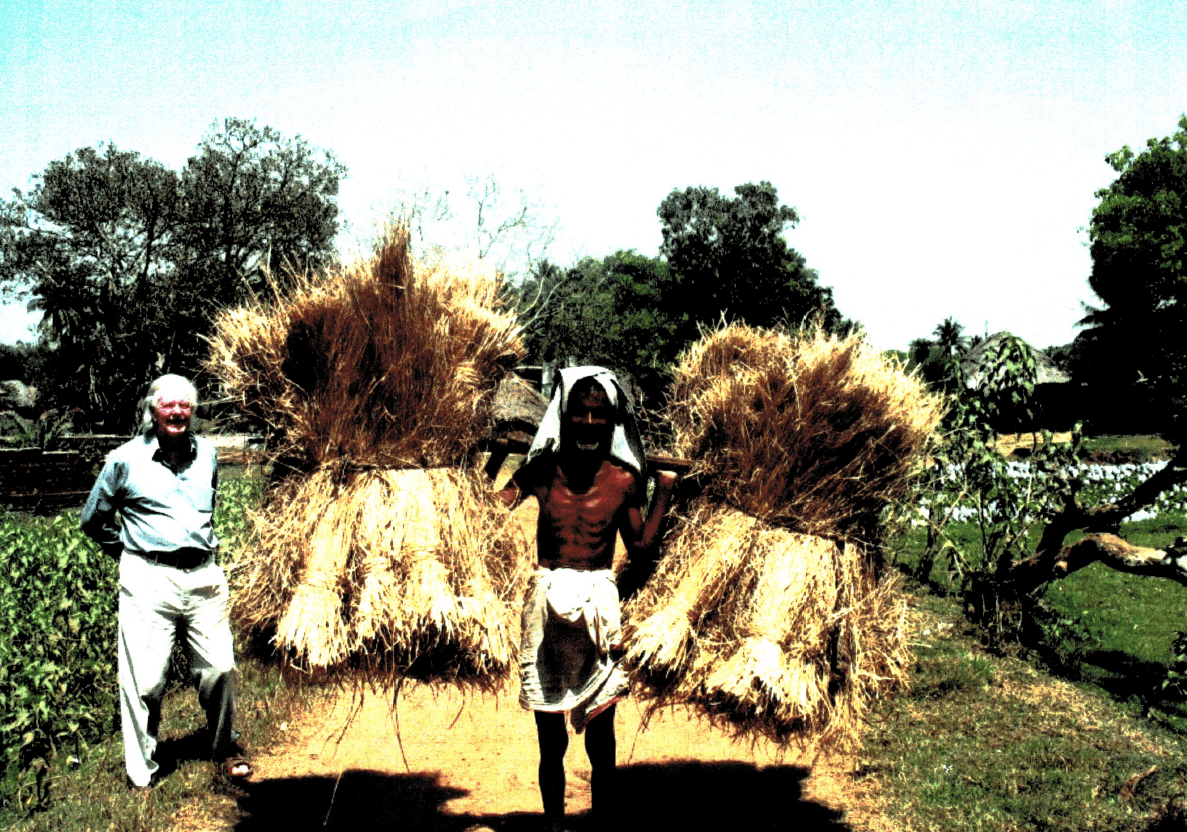
Balashram grounds, returning from tallking to the cows across the road, meeting a gentleman delivering fodder.
Have you visited any of our ashrams or been on Kriya Yoga retreats?
Yes, as stated; I only wish it had been more possible in the last few years and now; but mother earth is a large ashram and at all times we can be quiet and be!
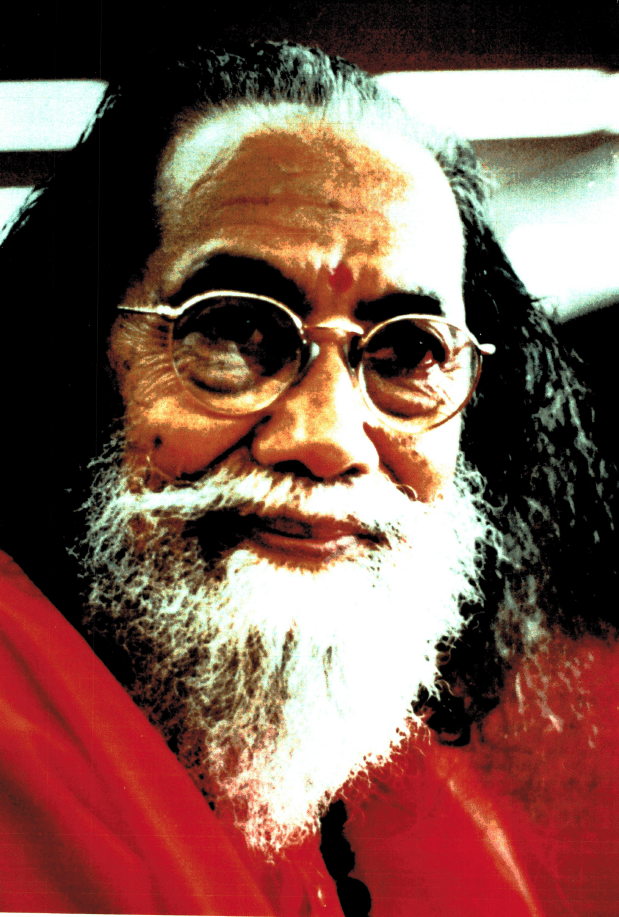
One of my favourite photos of Gurudev
What advice, if any, would you give new initiates?
Really, that Kriya is not a religion, and it’s not a hierarchy! It is really up to you what you want to gain from it. You are the captain of your ship and what you put into your practice is what you get back. Happy sailing!
Thank you Doug!
